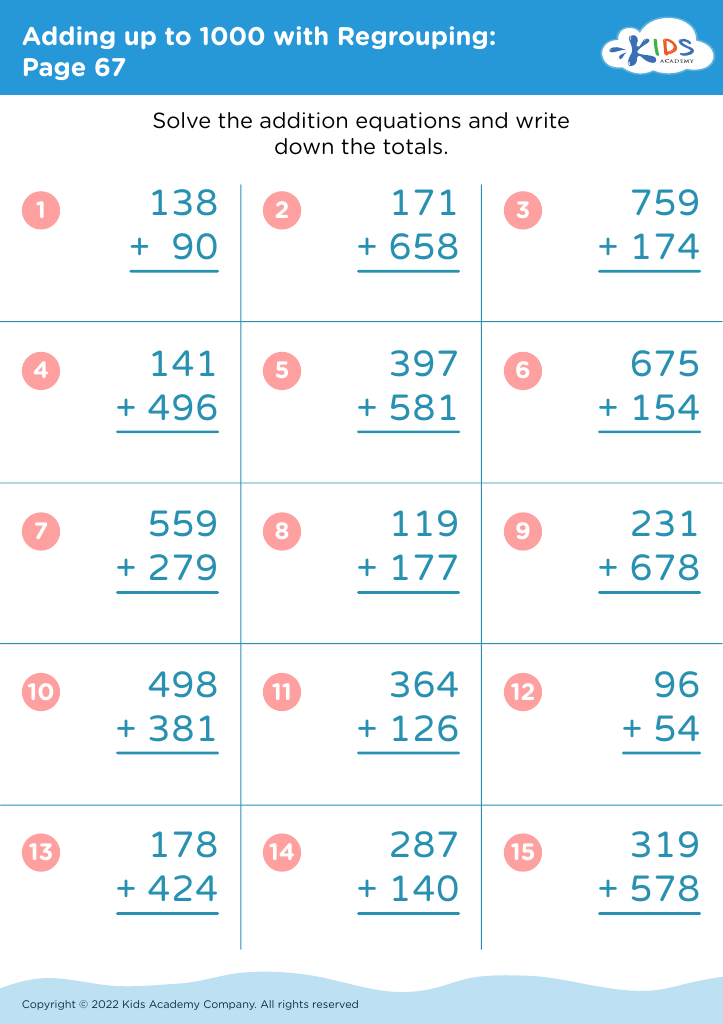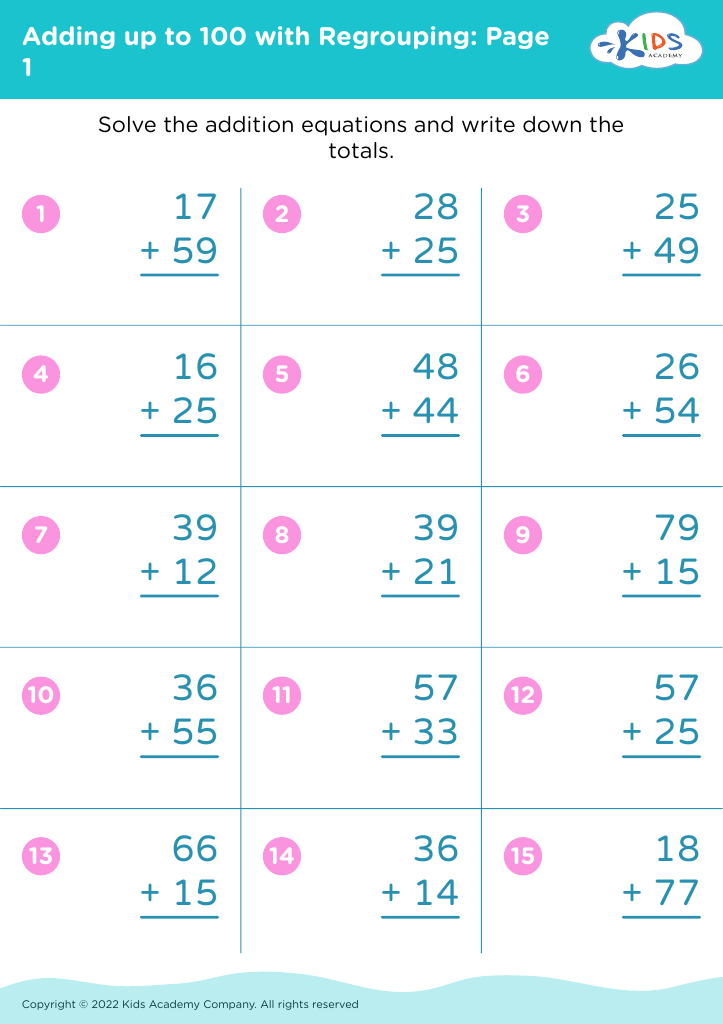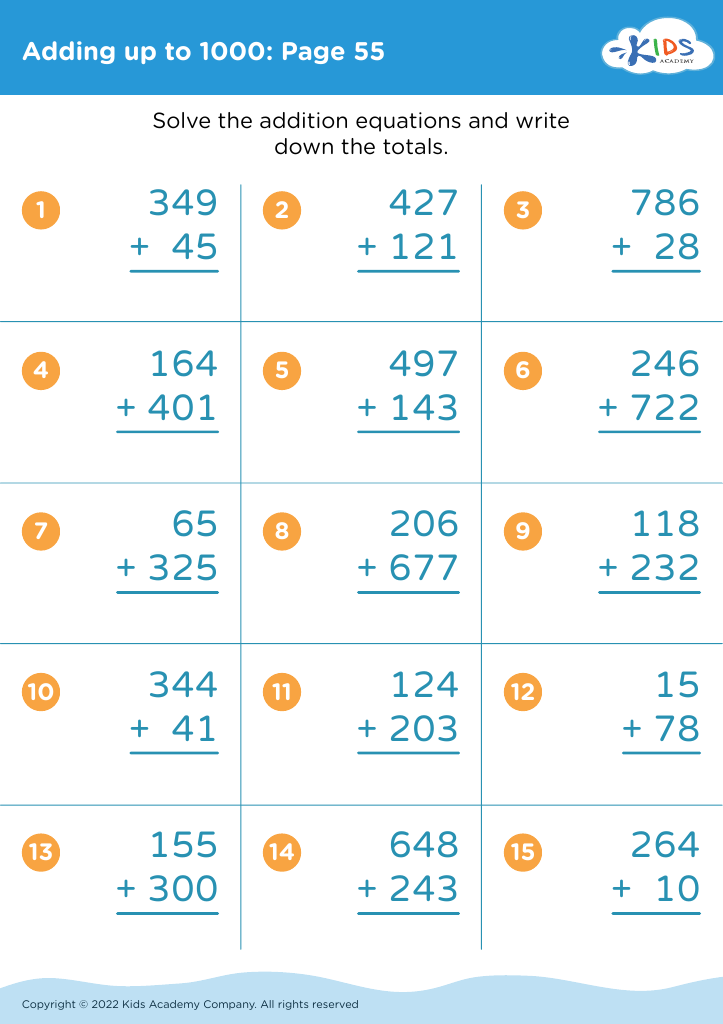Logical thinking development Math Worksheets for Ages 6-8
15 filtered results
-
From - To
Enhance your child's logical thinking skills with our engaging Math Worksheets designed specifically for ages 6-8. Our thoughtfully crafted worksheets aim to develop critical thinking and problem-solving abilities through enjoyable math activities. With a variety of interactive exercises, children will learn to analyze situations, recognize patterns, and make connections. Each worksheet supports early learners in mastering essential math concepts while building confidence in their logical reasoning. Perfect for homeschooling or classroom use, our resources foster a strong foundation in math and cognitive skills. Explore our collection today and watch your child thrive as they develop essential logical thinking abilities through fun math challenges!
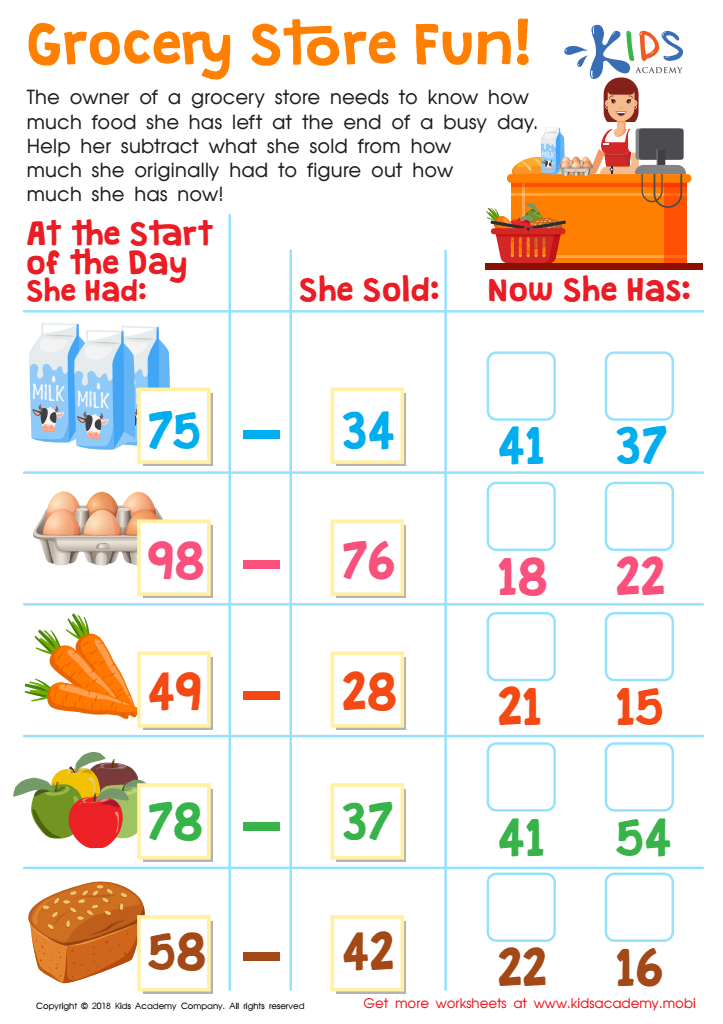

Grocery Store Fun! Worksheet
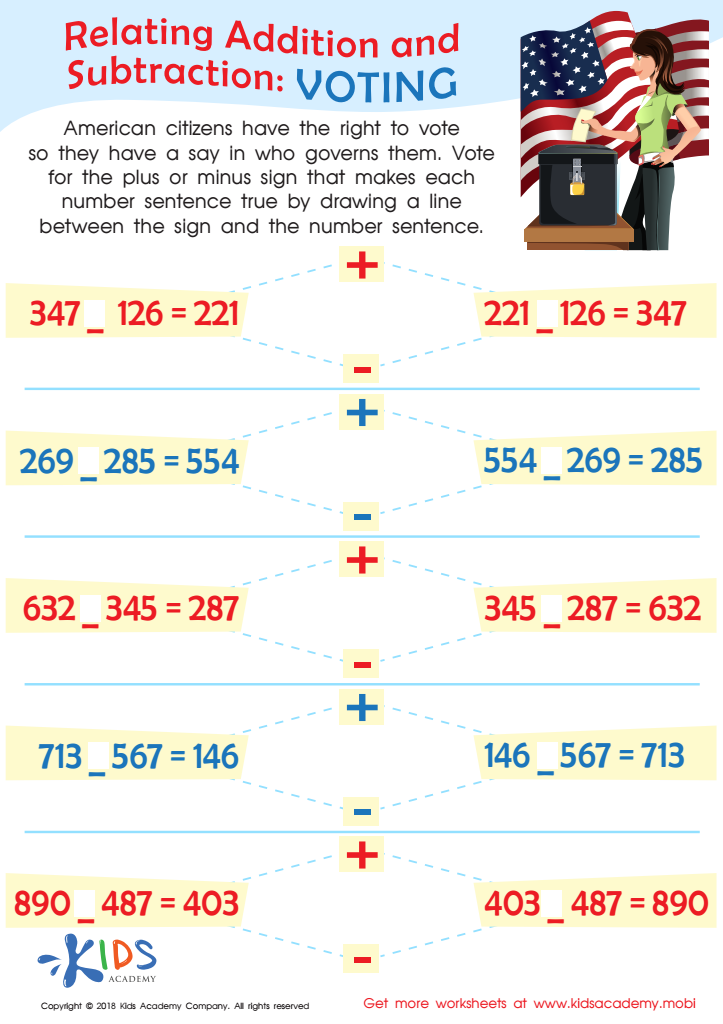

Voting Worksheet


Tricky Problems Worksheet: Part 2
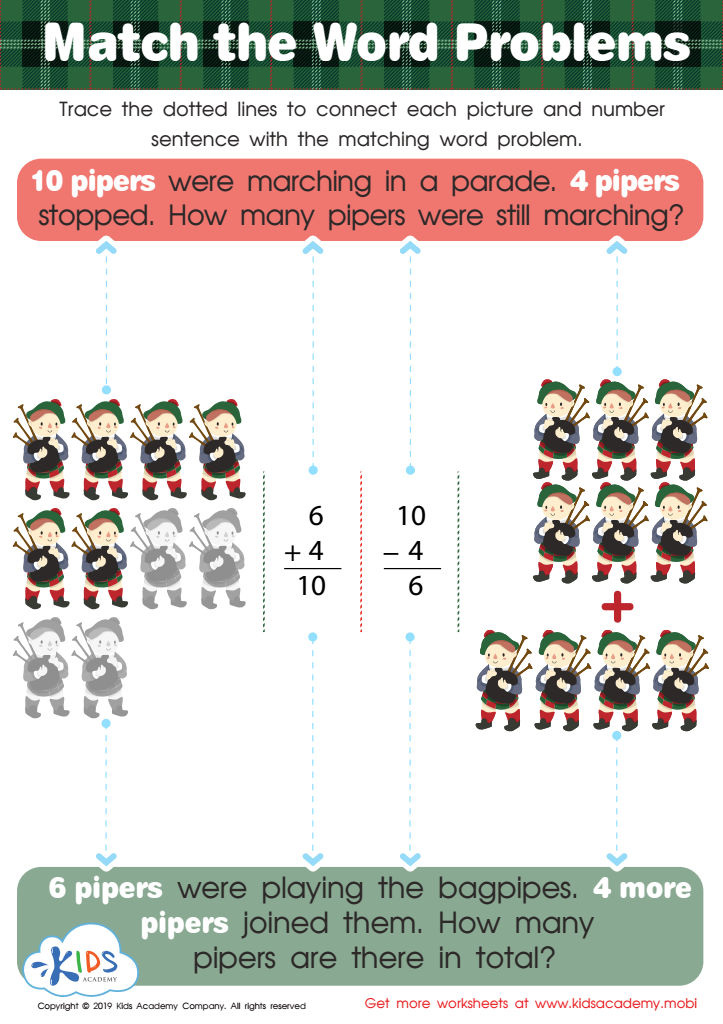

Match the Word Problems Worksheet
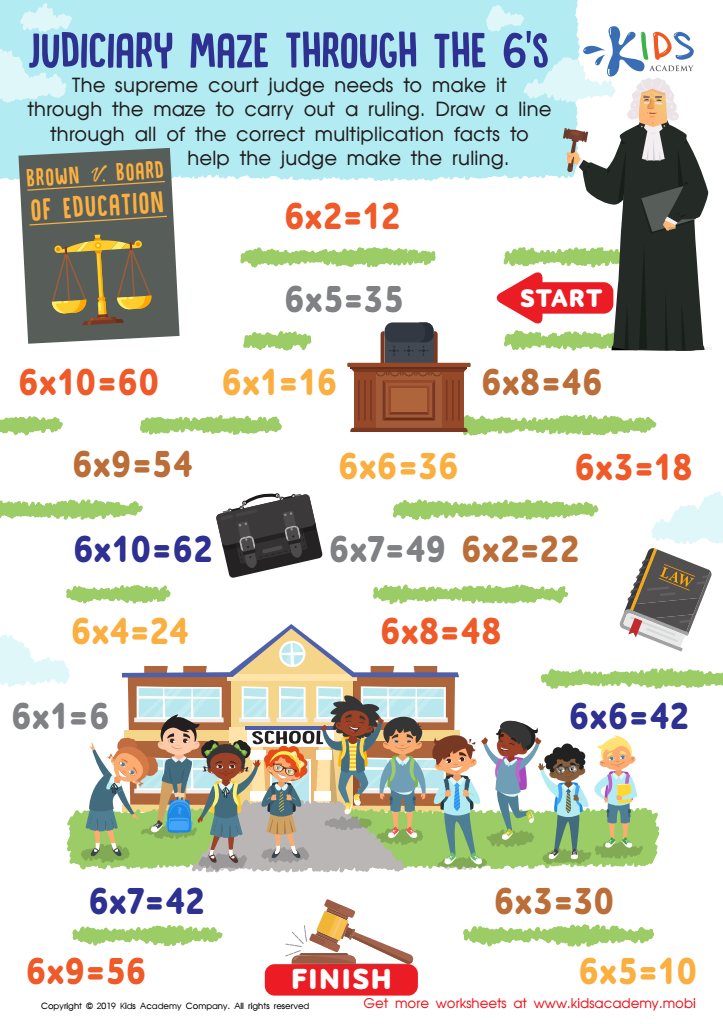

Judiciary Maze Through The 6’s Worksheet
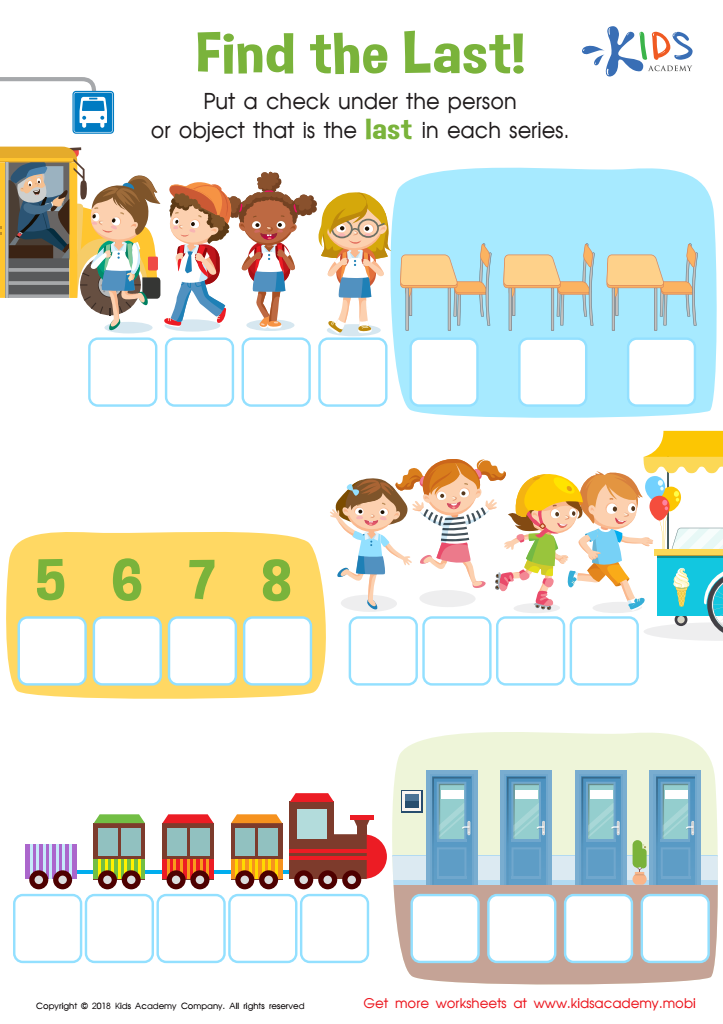

Find the Last! Worksheet
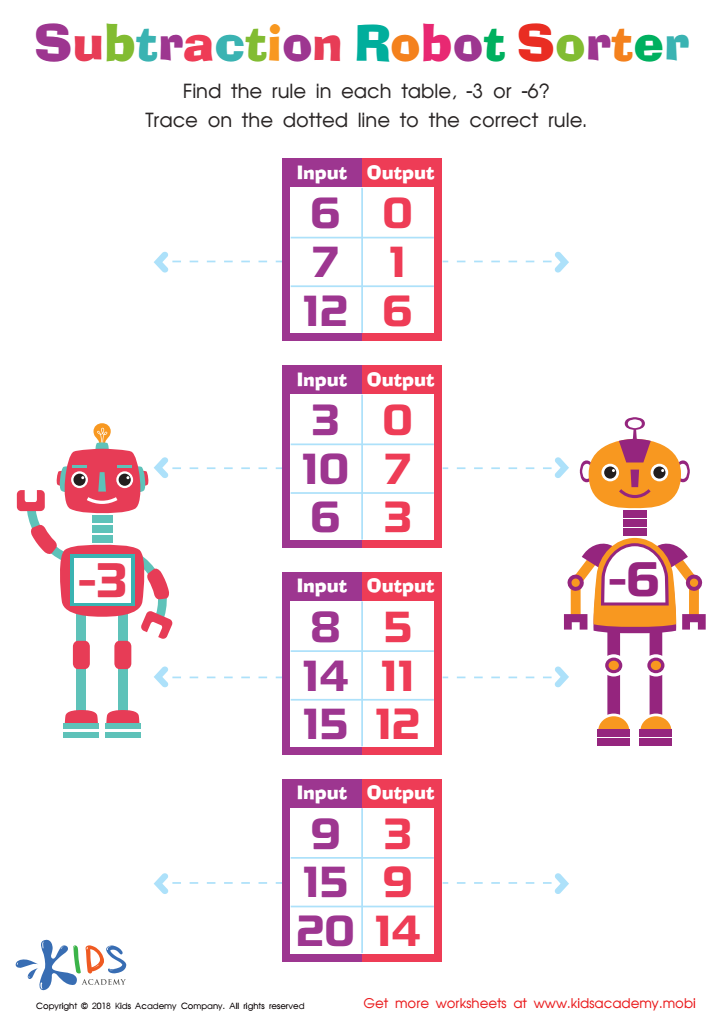

Subtraction Robot Sorter Worksheet
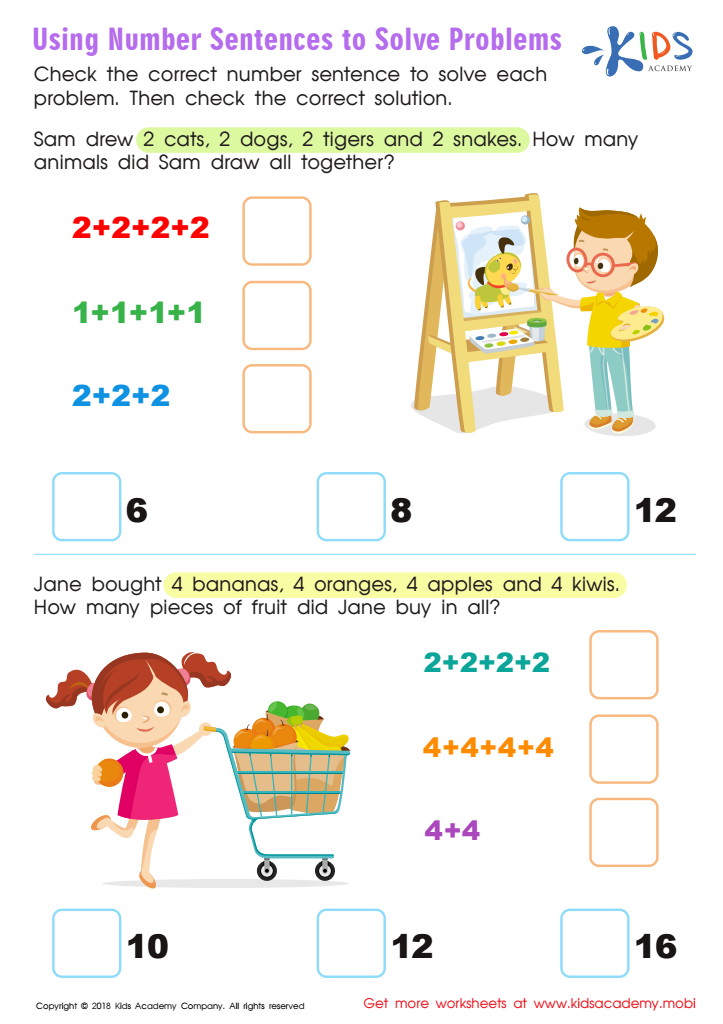

Using Number Sentences to Solve Problems Worksheet
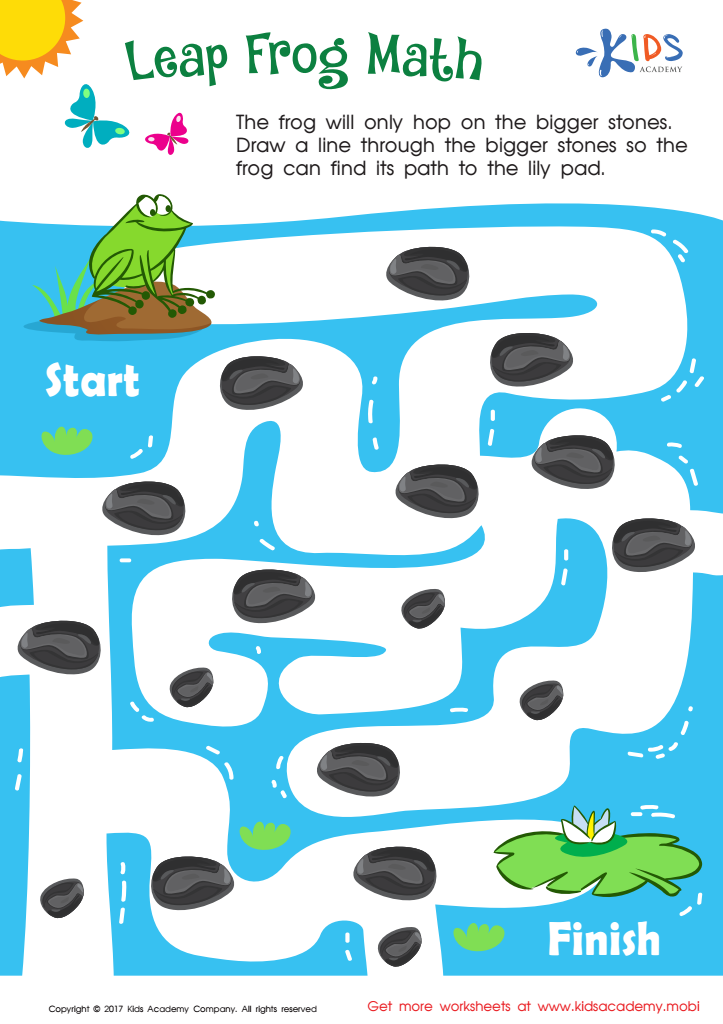

Math Puzzle Worksheet
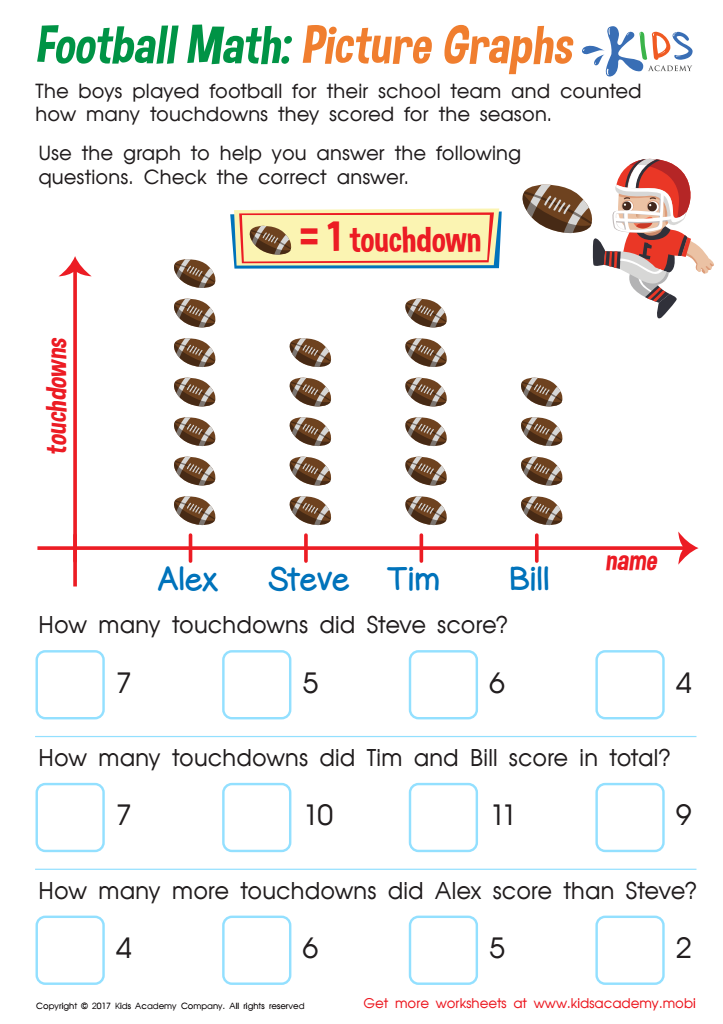

Football Math Worksheet
Logical thinking development through math is crucial for children ages 6-8, as it lays the foundation for problem-solving skills and critical thinking necessary in everyday life and future academic pursuits. During these formative years, children's brains are highly receptive to learning patterns and structures. Engaging with mathematical concepts—like addition, subtraction, and simple geometry—encourages them to identify relationships, categorize information, and make connections between ideas.
Logical thinking fosters resilience and confidence in young learners. As they tackle mathematical challenges, they learn to approach problems systematically, enabling them to persevere when faced with difficulties. This ability is translatable across subjects, enhancing their science, reading, and even social skills.
Furthermore, developing strong logical thinking abilities helps children make informed decisions, as they become adept at analyzing situations and predicting outcomes. This is not just about math; it encourages a mindset that values reasoning and clarity.
Ultimately, parents and teachers should prioritize mathematical logical thinking to equip children with essential life skills, preparing them for future academic successes and varied real-world scenarios. By nurturing this aspect of their development, we empower them to become critical thinkers and problem-solvers in an increasingly complex world.
 Assign to My Students
Assign to My Students




